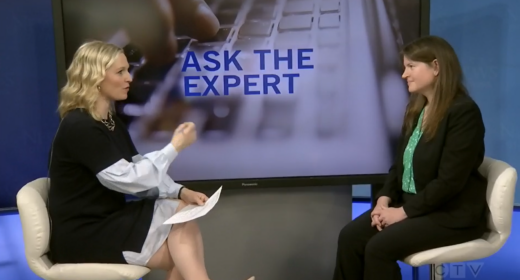On April 5th Ontario passed Bill 163, Supporting Ontario's First Responders Act (Posttraumatic Stress Disorder), 2016, which creates a presumption of Post Traumatic Stress Disorder (PTSD) diagnosed in first responders as work-related. This will lead to faster access to benefits and services at the Workplace Safety and Insurance Board (WSIB). It should also dramatically reduce the timeframe from when a claim is submitted to the WSIB for approval, to the date that an injured worker can access appropriate medical treatment and potentially loss of earnings (LOE) benefits.
The bill applies to the following first responders: paramedics, emergency medical attendants, members of the First Nations emergency response teams, fire and police dispatchers, police officers, fire investigators, and full-time and part-time volunteer fire fighters.
Although many Ontario workers are applauding the new legislation, nurses and emergency room physicians have been left out of the bill. As well, parole officers and bailiffs have not been included at this time. Although this is a good first step, where entitlement for PTSD has been awarded to ensure expedient treatment is commenced, this legislation does not intend that full loss of earnings benefits would be authorized in each case.
Entitlement to loss of earnings will be evaluated on a case-by-case basis with respect to a worker’s level of impairment and fitness for work. Other considerations would include whether suitable modified work has been offered within a worker’s precautions/restrictions, if appropriate. Where it can be demonstrated that a worker claimed PTSD that was caused by employment decisions, which are outlined in Policy 15-03-02 – Traumatic Mental Stress, entitlement will not be awarded. This is consistent with section 13(5) of the Workplace Safety and Insurance Act.
Progress has been made with respect to identifying many of the first response occupations that are most vulnerable to the development of PTSD; however, it will be interesting to watch the implementation process by the WSIB unfold over the next few months and years. As well, this should be a major impetus for employers to develop prevention plans within the workplace with the assistance of employees and health and safety representatives.


